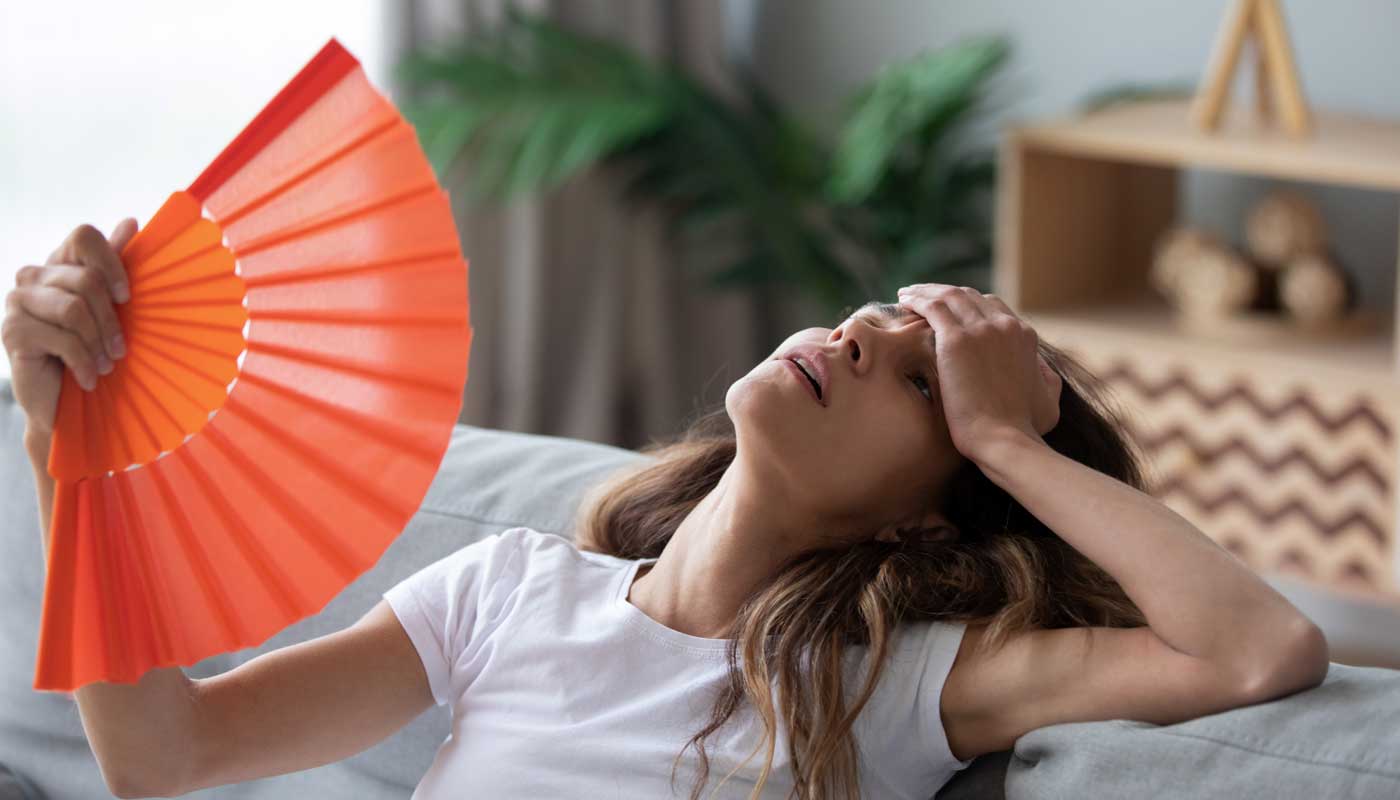Advice for sleeping well in the summer heat
Discover how to sleep well in the summer heat: advice for keeping your bedroom cool, choosing suitable bedding and improving the quality of your sleep.
health and beauty
Share

High temperatures can make a real nightmare out of even the most beautiful nights of the year. The thermometer can reach some very high readings at daybreak, and it can become a real challenge to get to sleep.
The ideal temperature for optimal rest ranges between 19ºC and 21ºC. Although one has to keep in mind that each person’s heat sensitivity is different, as other factors will contribute to this, such as what you wear to bed, any medication you are taking, your routine before going to sleep, etc.
The heat does not only prevent you from sleeping. The high temperature also contributes to having a shallower sleep. And what does this lead to? Feeling more tired in the morning, less productivity, the appearance of health problems, etc.

To make it a little easier for you to sleep this summer, take note of these tips for sleeping when its hot:
- The first thing is to do everything you can to prevent the room getting hot during the day: you can do this by choosing the most isolated room in the house and keeping it cool during the day by closing the windows and doors and putting the roller blinds down. When night falls, the outside temperature tends to go down, which means that this would be a good time to open them and create a small current of ventilation in the bedroom, which will also cool down the rest of the house.
- Use cool sheets for the summer: it is important to choose lightweight bedclothes. Natural fibres will be better at absorbing perspiration than synthetic ones. Also use summer pyjamas, as staying as cool as possible will help you to get to sleep sooner.
- Is it possible to cool the bed? Yes, partly: take a bag of ice from the freezer, wrap it in a tea towel and place it in the bed where it is most comfortable for you. For more instant relief, place a bag of ice on the pulse points of your wrists, neck, elbows, groin, ankles and even behind your knees.
- Hydration is key: reducing your body temperature is a great help when going to bed. Having a shower with lukewarm water before going to sleep not only hydrates you, but it also makes you feel cooler. We say lukewarm because it is extremely important that it is not cold water. A hot shower increases the humidity of its surroundings and the more humidity there is in the air, the more difficult it will be for your perspiration to evaporate and for this evaporation to reduce your temperature.
The rest of the ideas that you can find are basic and essential advice, such as the importance of staying hydrated during the day, not to overindulge at supper time and to avoid alcohol before going to bed, as this is a natural dehydrator and, because of this, it will add to the problem. Switching off electric devices in your bedroom is also recommended, as well as keeping electronic devices away from you, and reading a relaxing book or doing breathing exercises will make it easier to go to sleep.






